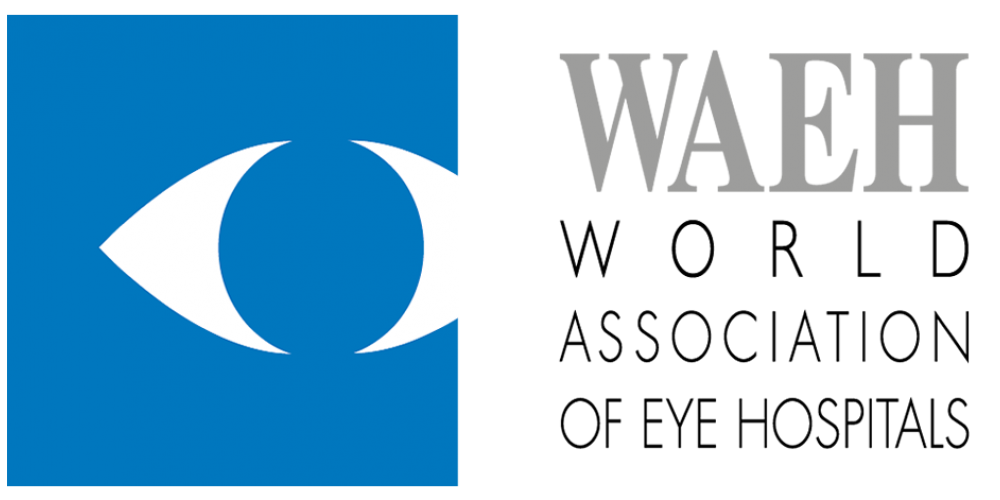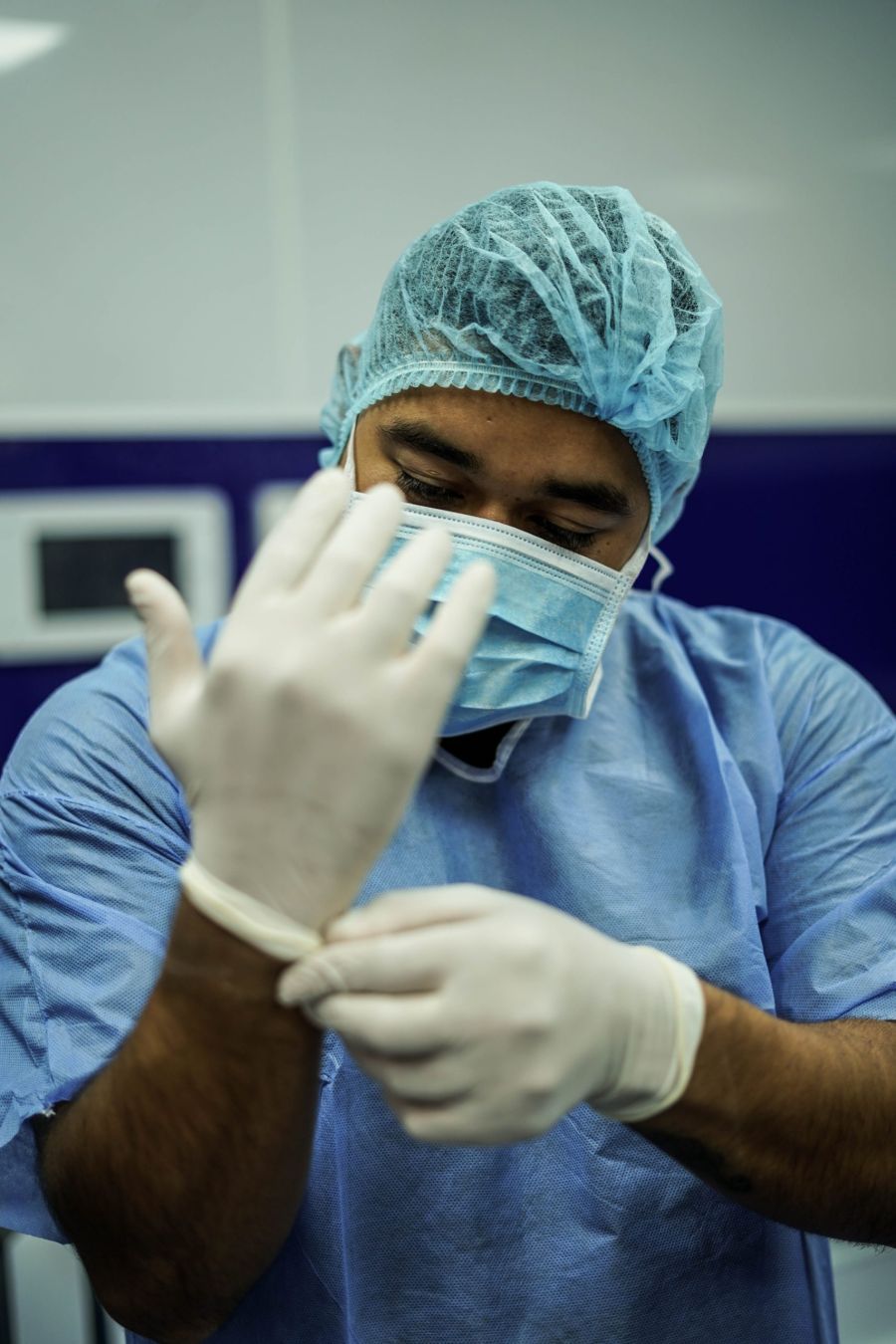Friday 10th December 2021 Webinar | The wider impact on people’s lives following the Covid 19 pandemic
Hosted by The WAEH

Moderator: Maaike van Zuilen, Global Lead, WAEH
What is a Schwartz Round?
Schwartz Rounds provide a structured forum where all staff, clinical and non-clinical, come together to discuss the emotional and social aspects of working in healthcare. The purpose of Rounds are to understand the challenges and rewards that are intrinsic to providing care, not to solve problems or to focus on the clinical aspects of patient care. Rounds can help staff feel more supported in their jobs, allowing them the time and space to reflect on their roles. The underlying premise for Rounds is that the compassion shown by staff can make all the difference to a patient’s experience of care, but that in order to provide compassionate care, staff must feel supported and cared for themselves.
Origins of Schwartz Rounds
In 1994 a health attorney called Ken Schwartz was diagnosed with terminal lung cancer. During his treatment, he found that what mattered to him most as a patient were the simple acts of kindness from his caregivers, which he said made “the unbearable bearable.” Before his death, he left a legacy for the establishment of the Schwartz Center in Boston, to help to foster compassion in healthcare.
“I have learned that medicine is not merely about performing tests or surgeries, or administering drugs… For as skilled and knowledgeable as my caregivers are, what matters most is that they have empathized with me in a way that gives me hope and makes me feel like a human being, not just an illness.”
In 2009, Schwartz Rounds were brought to the UK by the Point of Care programme at The King’s Fund and continue to be implemented by The Point of Care Foundation.
Benefits of Rounds
Staff who regularly attend Schwartz Rounds feel less stressed and isolated at work. Listening to colleagues describe the challenges of their work helps to normalise emotions, which are part and parcel of working in healthcare but are often kept under the surface. This shared understanding manifests in improved communication between colleagues and a greater sense of teamwork. Discussing the personal impact of working in healthcare reduces the sense of hierarchy that exists between staff. Seeing beyond the professional identity of their colleagues allows staff to feel more connected to one another. Participation in Rounds also helps to provide staff with greater insight into how all colleagues, regardless of role, play a vital part in the patient journey.
Register
Suggestions or ideas about interesting and important eyecare and eye hospital topics and themes are welcome and can also be submitted via the Registration form. Welcome!!
Date: Friday 10th December 2021 13.00-14.00 (GMT time)
Topic: ‘The wider impact on people’s lives following the Covid 19 pandemic’
Time:
- 1.00 PM GMT – London (UK)
